detail profile jean eustache
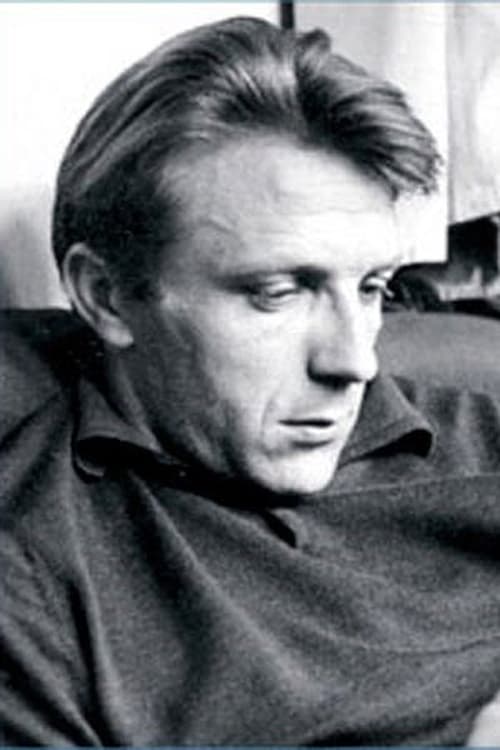
Riwayat Hidup
Jean Eustache was born on November 30, 1938 in Pessac, Gironde, France.
He was a director and editor, known for The Mother and the Whore (1973), Mes Petites Amoureuses (1974) and Les photos d'Alix (1980).
He died on November 3, 1981 in Paris, France.
Info Pribadi
Peran Yang Di Mainkan Jean Eustache
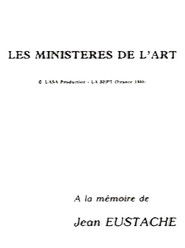 Philippe Garrels documentary on Frances second...
Philippe Garrels documentary on Frances second...The Ministries of Art 1989
Philippe Garrel’s documentary on France’s second wave of masterful filmmakers. Featuring Jean Eustache, Chantal Akerman, André Téchiné, Leos Carax, Jacques Doillon and Benoit Jacquot.
 Alix Clo Roubaud a photographer describes...
Alix Clo Roubaud a photographer describes...Alix's Pictures 1982
Alix Cléo Roubaud, a photographer, describes her images to Eustache’s son Boris. An “essay in the shape of a hoax”, Eustache’s last film wittily questions the relationship between showing and telling as it gradually shifts Alix’s narration out of sync with what we see.
 A group of friends listen as...
A group of friends listen as...A Dirty Story 1977
A group of friends listen as one man tells them a story about a time when, in a small cafe, he discovered a peephole into the ladies' bathroom and became addicted to looking through it at female genitals. They ask him questions and come to conclusions about sex. This is a filmed, scripted version. Then, the actual person who this happened to relates the same story; this time, however, it is an unscripted documentary, in which the same things occur as in the scripted one.
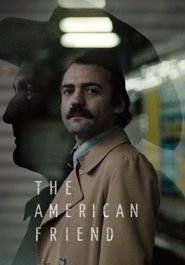 Tom Ripley an American who deals...
Tom Ripley an American who deals...The American Friend 1977
Tom Ripley, an American who deals in forged art, is slighted at an auction in Hamburg by picture framer Jonathan Zimmerman. When Ripley is asked by gangster Raoul Minot to kill a rival, he suggests Zimmerman, and the two, exploiting Zimmerman's terminal illness, coerce him into being a hitman.
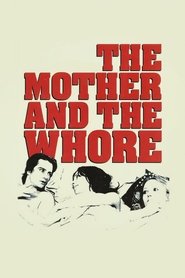 Aimless young Alexandre juggles his relationships...
Aimless young Alexandre juggles his relationships...The Mother and the Whore 1973
Aimless young Alexandre juggles his relationships with his girlfriend, Marie, and a casual lover named Veronika. Marie becomes increasingly jealous of Alexandre's fling with Veronika and as the trio continues their unsustainable affair, the emotional stakes get higher, leading to conflict and unhappiness.
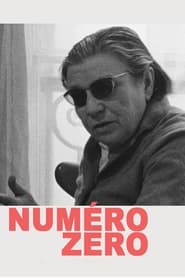 A family portrait in which the...
A family portrait in which the...Numéro zéro 1971
A family portrait in which the director profiles his grandmother, Odette Robert. Eustache includes in the film the conditions of its production — he is seated at the table with her, pours her some whiskey, speaks with the camera operator, manipulates the clapboard at the head and tail of the reels, and even takes a phone call. Robert, who was seventy-one, speaks rapidly and tells the story of her life, starting from her early childhood in villages in the Bordeaux region of France. A shorter version of the film ("Odette Robert") was edited in 1980 to be broadcast on television on TF1. The complete film only gained exposure in 2002, when it was salvaged by Boris Eustache, Thierry Lounas, João Bénard da Costa, Jean-Marie Straub, and Pedro Costa.
 This landmark documentary by Jean Eustache...
This landmark documentary by Jean Eustache...The Virgin of Pessac 1968
This landmark documentary by Jean Eustache, filmed in 1968, hilariously exposes small-town pomposity and naiveté as it chronicles the preparations for an annual contest to crown a village’s most virtuous young woman.
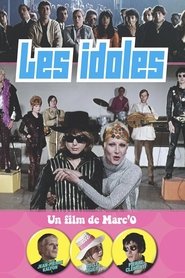 This satire concerns three French singing...
This satire concerns three French singing...The Idols 1968
This satire concerns three French singing idols and their attempt to stay in the public eye. A press conference, backstage hedonism, psychedelia, manipulative managers and disc jockeys are portrayed as the pop culture is thoroughly and effectively lampooned in this independent feature.
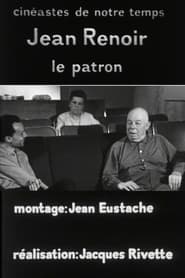 In the third part of a...
In the third part of a...Jean Renoir, le patron, 3e partie: La règle et l'exception 1967
In the third part of a Cinéastes triptych on Jean Renoir, the director sits alone in a cinema analyzing scenes from La Marseillaise and The Rules of the Game, and discussing his editing and storytelling techniques.
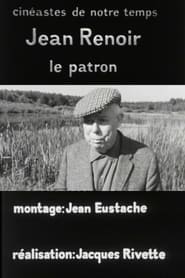 The first of three documentaries by...
The first of three documentaries by...Jean Renoir, le patron, 1re partie: La recherche du relatif 1967
The first of three documentaries by Rivette on Jean Renoir.
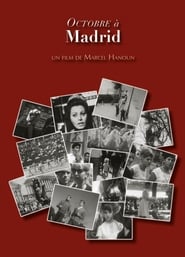 Initially a madetoorder documentary on Spain...
Initially a madetoorder documentary on Spain...October in Madrid 1965
Initially a made-to-order documentary on Spain, the film becomes an open-ended work-in-the-making about the creative process. “Settling in the Spanish capital to make a documentary, Hanoun sketches out for us the different steps involved in making a film. The author turns his hesitations, his doubts and difficult working conditions into the constituents of his work”. (Raphaël Bassan)
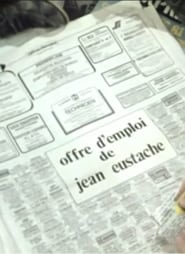 A man looks for a job...
A man looks for a job...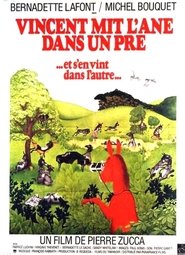 This is the tale of a...
This is the tale of a...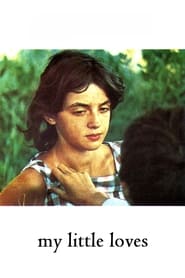 Daniel lives with his grandmother and...
Daniel lives with his grandmother and...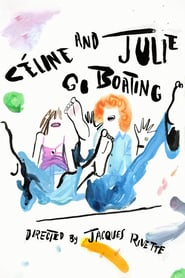 Julie a daydreaming librarian meets Cline...
Julie a daydreaming librarian meets Cline...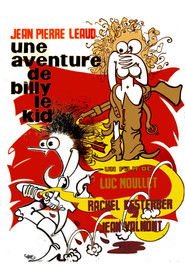 The intense and twisted relationship between...
The intense and twisted relationship between... A supposedly idyllic weekend trip to...
A supposedly idyllic weekend trip to... Daniel needs some money to buy...
Daniel needs some money to buy...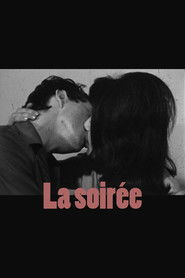 Unfinished film by Jean Eustache A...
Unfinished film by Jean Eustache A...